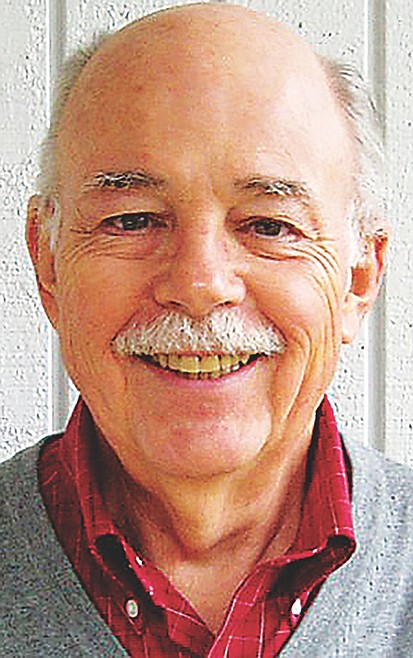Geriatrics addresses dementia and brain health
In February 2023, the Geezer Forum welcomed Dr. Meg Skybitsky, the new geriatrician in our community. Next Tuesday, Jan. 9, we welcome her back.
She will focus our attention on two important functions of our growing older: brain health and its impact on dementia symptoms. Dr. Meg will also leave good time for questions from us. And some answers, too.
I don’t what direction Dr. Meg will take our discussion. But to set the stage for our Geezer Forum, I share a few thoughts about geriatrics, brain health and dementia.
Meg’s medical specialty, geriatrics, is less known than — but just as essential — as other medical specialties. The word “geriatrics” comes from a Greek word that means “old man.” Aging is a stage of development, which means geriatrics focuses on older adults, just as pediatrics, neonatology, and adolescent medicine focus on other specific ages.
One thing that means is that geriatricians are called to look at persons more holistically. Geriatricians are not simply doctors with a designated organ focus, like specialties like cardiology, neurology, or orthopedics.
That broader attitude leads geriatricians to often use a team approach to working with patients. You can ask Dr. Meg to say more about that team approach and how she works with many other medical disciplines to provide her patients with a high quality of care.
On to brain health. Brain health is so important at any age, of course. But for aging adults like geezers-in-training, brain health is essential for different reasons: like healthy brains let us maintain our independence and actively participate in living our lives as we want.
One thing brain health does is help us manage our stress. We may get drawn into emotional, physical, mental, or behavioral patterns that negatively impact our daily lives. We may not recognize those symptoms, but they can mess with us big time.
What we do well to remember is pretty simple (but sometimes tough to do):
1) take personal time for ourselves;
2) set realistic expectations for ourselves;
3) get plenty of sleep;
4) seek and accept support from friends, family, and healthcare professionals.
Working on these things doesn’t guarantee we won’t get dementia symptoms. But good brain health can reduce, or postpone, the possible onset of those symptoms. But when symptoms do develop, I’ve seen the great value of persons being evaluated by healthcare professionals so persons with dementia-like symptoms — and their families — can decide the next best steps.
Sometimes, that evaluation may even result in the possible reversal of those symptoms. Some symptoms may be caused by depression, vitamin deficiency, thyroid disorders, or medication interactions. These and other factors may show up as dementia symptoms but just might be reversed if identified and treated properly.
Perhaps I’ve likely said more than a non-medical person should say. But I hope that prompted your curiosity to attend next Tuesday’s Geezer Forum (Jan. 9) and learn what you can from Dr. Meg Skybitsky. We gather together 2:30-4 p.m. at the Community Room of Umpqua Bank. Please plan to join us there.
Paul Graves, M.Div., is Lead Geezer-in-Training for Elder Advocates, a consulting ministry on aging issues. Contact Paul at 208-610-4971 or elderadvocates@nctv.com.

